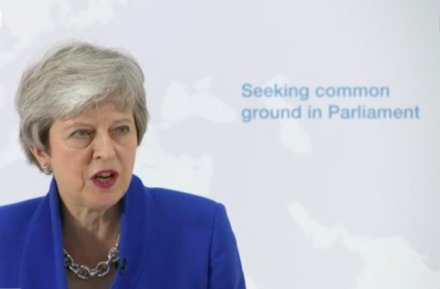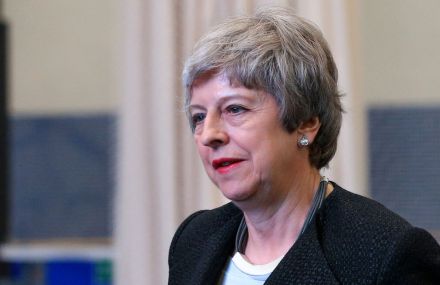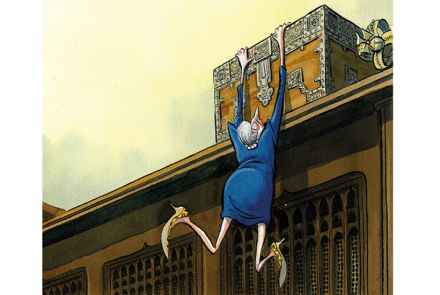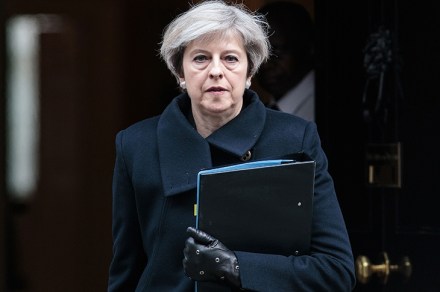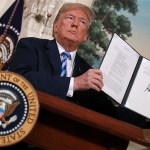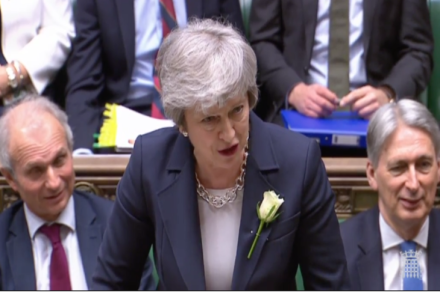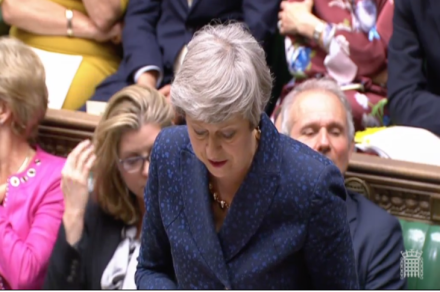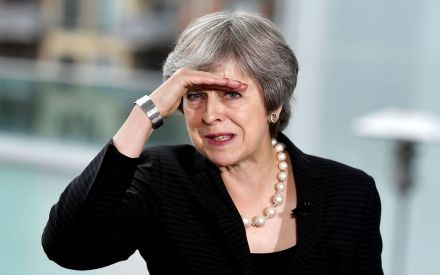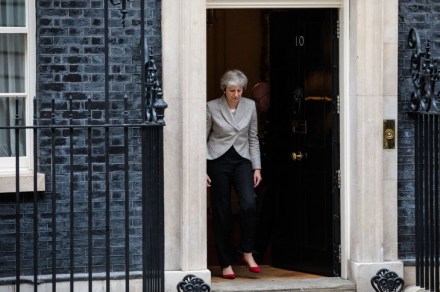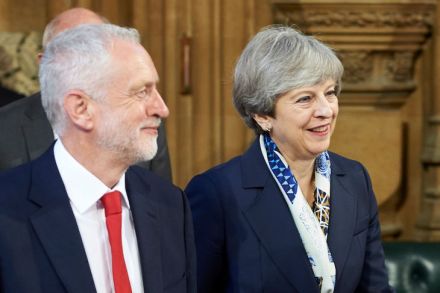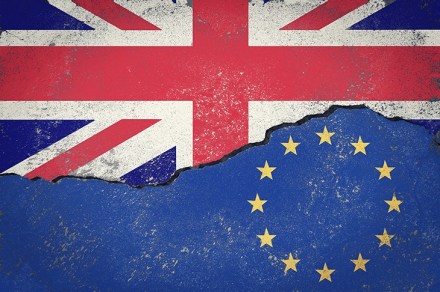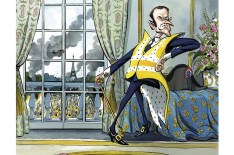Theresa May unveils her ‘New Brexit Deal’ – will it backfire?
Theresa May has this afternoon had one last roll of the dice in the Brexit saga. In a speech entitled ‘New Brexit Deal’, the Prime Minister threw the kitchen sink at passing her deal on a fourth vote. With May expected to step down if her deal is rejected again after recess, she made an appeal to MPs to get behind a Brexit deal. May conceded that the ‘challenge of taking Brexit from the simplicity of the choice on the ballot paper to the complexity of resetting the country’s relationship with 27 of its nearest neighbours’ had ‘proved even harder’ than she had anticipated: ‘While it has proved even harder than
